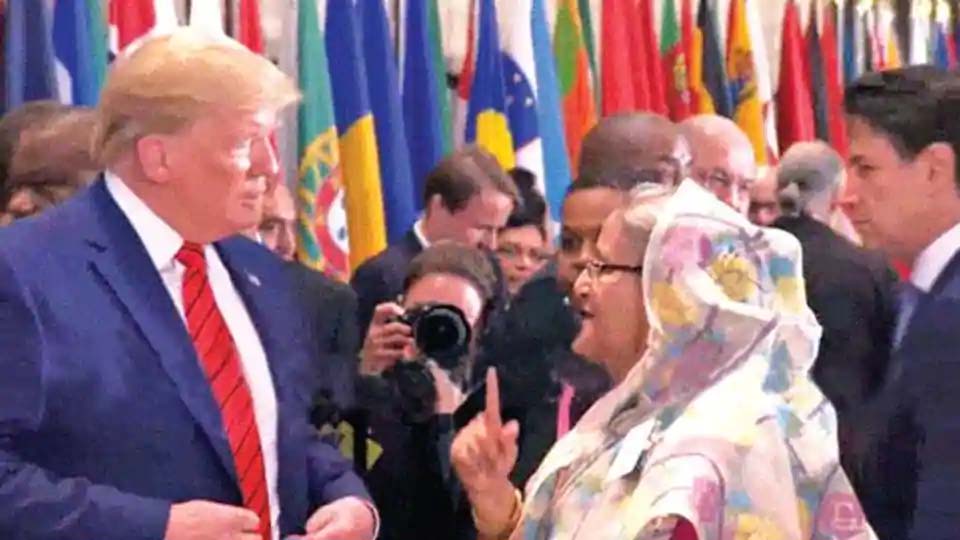US deputy secretary of state Stephen Biegun has told the Indian government that Washington will be consulting it more on its neighbouring countries, as he takes a key step towards resetting ties with Bangladesh at a meeting with Prime Minister Sheikh Hasina on Wednesday.
Biegun will be the first high-ranking US official in at least a decade to visit Dhaka.
According to people familiar with the matter, Biegun, in his discussions with India’s foreign secretary Harsh Shringla, went over ways to strengthen the QUAD security dialogue, and sought India’s inputs on its neighbourhood.They discussed bilateral cooperation on trade, including the development of common standards, a framework for investments, and building supply chains; apart from steps to help the Indian subcontinent respond to the Covid-19 pandemic, and plans to distribute a vaccine when it is ready.
The people cited above said that Shringla also briefed his US counterpart on Bangladesh, and told him about the need for Washington to engage with the Muslim-majority country, which is rising economically under the current leadership.
Former US secretaries of state John Kerry and Hilary Clinton had shown their intention to visit Dhaka, but did not make the trip. For long, India has encouraged the US to engage with Bangladesh as under the leadership of Hasina, saying the country has taken a sharp turn away from a more radical approach under Khaleda Zia.
Experts point out that the unstated backdrop to this is also that China has made huge inroads into Bangladesh, with the latter buying more than 80% of its military hardware from Beijing, including artillery guns and ammunition. While India had offered $500 million as credit to Dhaka to buy military hardware during the then defence minister Manohar Parrikar’s visit in 2018, the defence cooperation between the two neighbours is still work in progress.Experts point out that the unstated backdrop to this is also that China has made huge inroads into Bangladesh, with the latter buying more than 80% of its military hardware from Beijing, including artillery guns and ammunition. While India had offered $500 million as credit to Dhaka to buy military hardware during the then defence minister Manohar Parrikar’s visit in 2018, the defence cooperation between the two neighbours is still work in progress.

